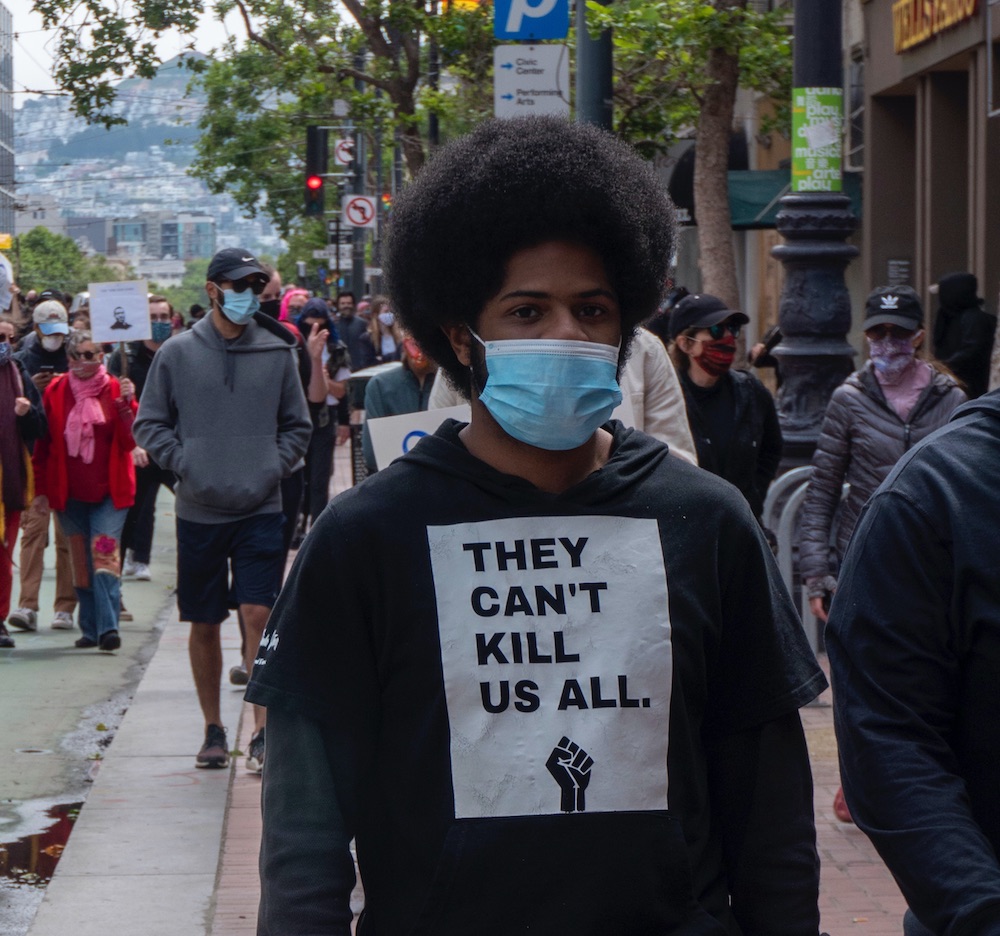The Board of Supes is going to have to decide next week whether the Police Officers Association has done enough to merit final approval of a contract that would have given the cops raises with no new accountability or reforms.
And right now, we don’t have an answer.

At the Nov. 17 meeting, the board approved on first reading a contract that many members agreed was a bad deal. That happened largely because the president of the Police Officers Association insisted that the organization had turned a new leaf and was ready to embrace the reforms it has aggressively resisted for decades.
During the meeting, Sup. Hillary Ronen asked whether the POA would be willing to sign off on changes that would shift responsibility for most of the emergency calls involving mental-health or homelessness issues away from the cops.
By the end of this year, the city will have two more mental-health outreach teams in place, and by April, the program that could replace the cops in as many as 20,000 calls a year will be fully operational.
POA President Tony Montoya said he had no problem with that approach – although it could, in the end, mean fewer cops in the force.
But Ronen made clear she wants to see that in writing – a signed letter, as part of the new contract, that guarantees the POA won’t object to – or use its “meet-and-confer” strategy to delay – the implementation of this policy.
Ronen also wants the negotiating sessions between the POA and the city to be open to the public – although the POA is insisting that the city has to “meet and confer” on whether it’s legal to make the “meet-and-confer” sessions public.
Help us save local journalism!
Every tax-deductible donation helps us grow to cover the issues that mean the most to our community. Become a 48 Hills Hero and support the only daily progressive news source in the Bay Area.
That, of course, winds up with the lawyers in the City Attorney’s Office and the POA.
And as of today, there is nothing in writing at all.
Ronen told me that the city’s Department of Human Resources “says they want to be helpful,” but both DHR, which reports to the mayor, and the POA insist there are legal roadblocks to the sort of reforms the board wants.
There are, though, no legal roadblocks to the POA simply agreeing to waive any right to dispute or delay the reforms.
Meanwhile, the Chron has decided to warp Ronen’s proposal to open up POA negotiations and turn it into an anti-union campaign:
City leaders should consider making other labor talks open to the public to broaden understanding of the deals and pressure both sides to change hidebound work rules alongside the usual jockeying over paychecks and health benefits.
That, of course, has labor folks worried; contract talks can be delicate and if they are open to the public, union leaders fear, both sides will be posturing and little will get done.
But Ronen says the cops are different. (They are, among other things, the only public employees who can take your life away with impunity.)
Let me be clear — I will not allow anyone to use my legislation focused on reining in a fraternal organization that has used its collective power to stop countless efforts to address longstanding attacks against the working class, LGBTQ, immigrant, and people of color to be equated with unions that give nurses, teachers, longshore workers, laborers, and countless others a seat at the table and dignity in their workplace.
Police reform is about working-class justice. The people who we have witnessed the police kill in cold blood are almost always members of the working class. The statistics that show time and time again that it is Black and Brown men and women stopped, harassed, and attacked by the police way out of proportion with their population size is an attack on the working class. When we fight and win to protect unions we fight and win to protect the same people who have been brutalized by the systemically racist policing system in this country that the POA has spent decades protecting.
Sup. Aaron Peskin, who voted in favor of the contract but said he wants to be sure there are contractual reforms before he votes for it again on the second and final reading, told me that he is “cautiously optimistic” the POA will sign off on a deal that the board can accept.
But it is not a done deal. And since these talks are still done entirely in secret, I have no idea what’s really on the table, which means the public has no idea what’s really on the table – and even the supes have no idea what’s really on the table.
Everyone’s on a break this week, but the final approval of the deal comes Dec. 1. And if the cops and DHR can’t come to some kind of agreement by then on adding reforms to the contract, the nine supes who voted for it citing a new attitude by the POA will be facing a very tough choice.




